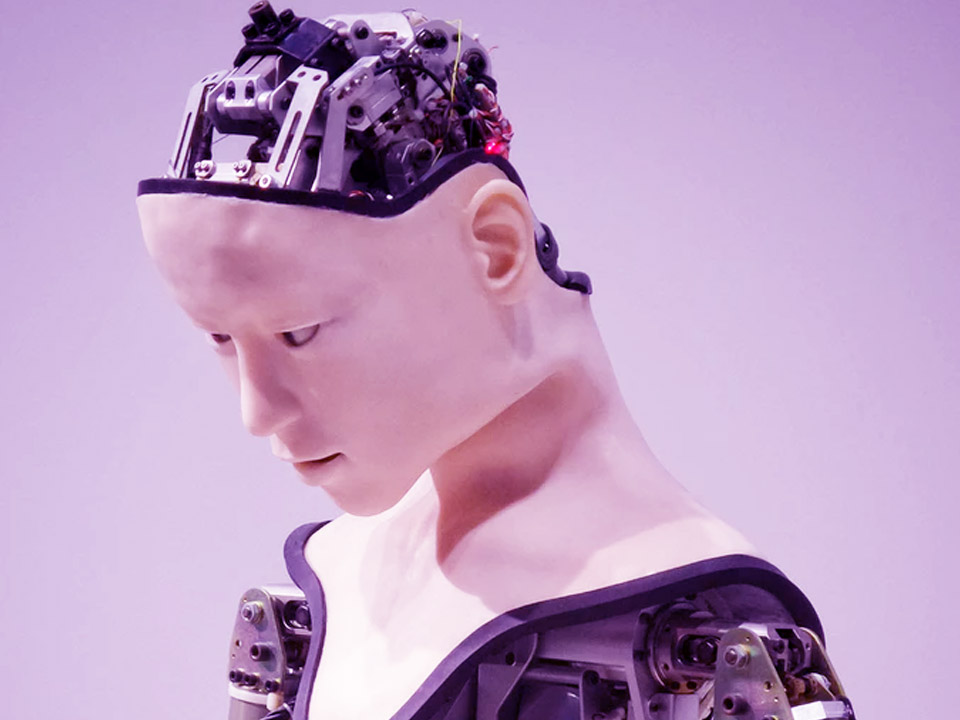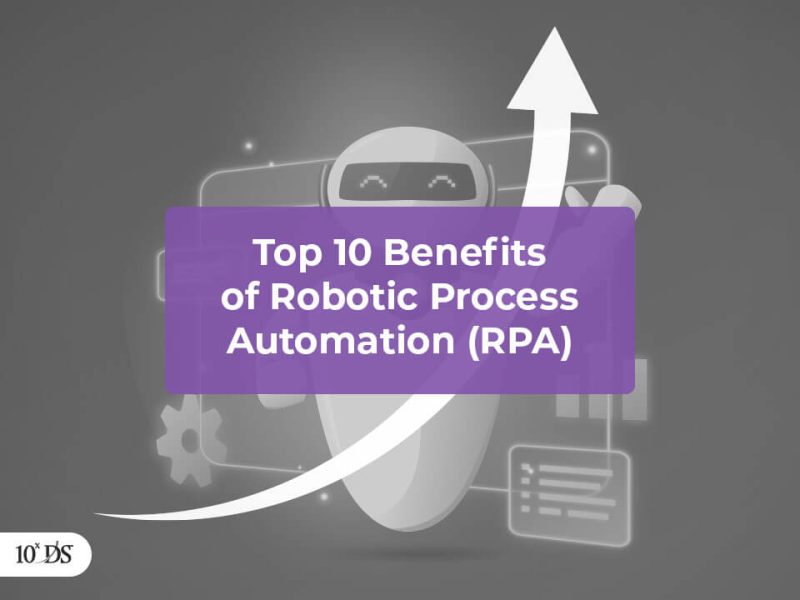
How Cognitive Intelligence can take RPA to the Next Level
The pace at which technology evolves is quite high today when compared to the past decade. If the migration from large scale mainframe based enterprise applications to scalable cloud-based applications required decades to stabilize, bringing on-board emerging technologies to boost technical capabilities of enterprise applications takes hardly months to mature. Robotic Process Automation is the next in line for evolution, if we take a look at the trends shaping up in industries utilizing RPA to improve their process efficiency and speed. What if RPA could be made intelligent? What if artificial intelligence concepts are applied to already established automation workflows in RPA? The resulting endeavor is cognitive RPA and it has enough potential to transform RPA into a powerful asset for any business facing intense data handling and management operations.
The key idea behind imparting intelligence to RPA was to transition its scope from just simple rule based automation tasks to more comprehensive automation workloads that drive more value for businesses. Traditionally, RPA works well when structured data is fed as input and the system simply performs rule based computer operation on the data by mimicking human actions. But since most of the data generated by today’s organizations are unstructured, RPA bots require cognitive and analytical capabilities to derive meaningful operational codes from this data. By adding cognitive capabilities, RPA bots can interpret sentimental and conceptual information and handle real-time workflow changes dynamically on the go.
With the additional capability of cognitive intelligence, your RPA investments can open new possibilities such as:
1. Automated Insights Generation
With cognitive intelligence, RPA bots would be able to derive meaningful insights from data inputs. These data inputs may comprise of data streams from multiple systems in your business or from reports and other textual information that is provided to RPA bots for processing. The bots can then use natural language processing to identify contextual narratives from such data and provide insights to decision makers.
2. Consolidate Processes
Imagine, if RPA bots are used to send invoices to customers and partners for payments. Traditionally, it will require a structured process wherein different teams supply data necessary for the RPA bot to send an email or automated message communication to the recipient for payment. A cognitive RPA implementation would ensure that the bots can continuously monitor systems to identify conditions that necessitate a payment invoice to be generated and automatically send the invoice to customers. This would help in eliminating multiple processes that need to be manually structured and handled and will lead to efficiency within the business.
3. Assisted Recruitment
While RPA in its normal avatar was restricted to a couple of departments in your business, the ones with cognitive ability can find use cases in departments such as HR and Recruitment. An intelligent bot can scour through social media and popular job portals continuously to identify suitable candidates that are a fit for vacancies up for grabs within the business. A combination of NLP based textual information processing, credential management, and insight generation is offered to recruitment when cognitive RPA is deployed in the environment.
4. Intelligent Customer Interactions
With cognitive capabilities, RPA’s can transform customer interactions significantly over a wide variety of channels like email, SMS, social media, etc. The ability to understand sentiments from textual inputs like customer emails or chats will help RPA bots to respond intelligently. They can use past interactions or customer behavior to draft a favorable customer response quickly and can improve engagement levels significantly.
5. Lowered Operational Overhead
RPA bots often require supervisory support to ensure consistent results. This may lead to operational overheads in time because of the manual effort involved as well as periodic learning exercises required for training the bots to respond to new process rules. Having an intelligent RPA implementation entitles you to have a hassle free and lowered operational timeline. The bot can indulge in self-learning exercises and be compliant to standard operational guidelines.
Conclusion
Robotic Process Automation has found tremendous applications across sectors despite being a highly rule based and process reliant automation methodology. The real-time dynamics that it lacked has now been addressed with the addition of cognitive capabilities. With the right learning path, cognitive RPA bots can help businesses transform a majority of their data intense operational workloads into efficient and manual intervention free activities.
Get in touch with us to know your business can be empowered with cognitive RPA capabilities to drive more value from RPA investments.


